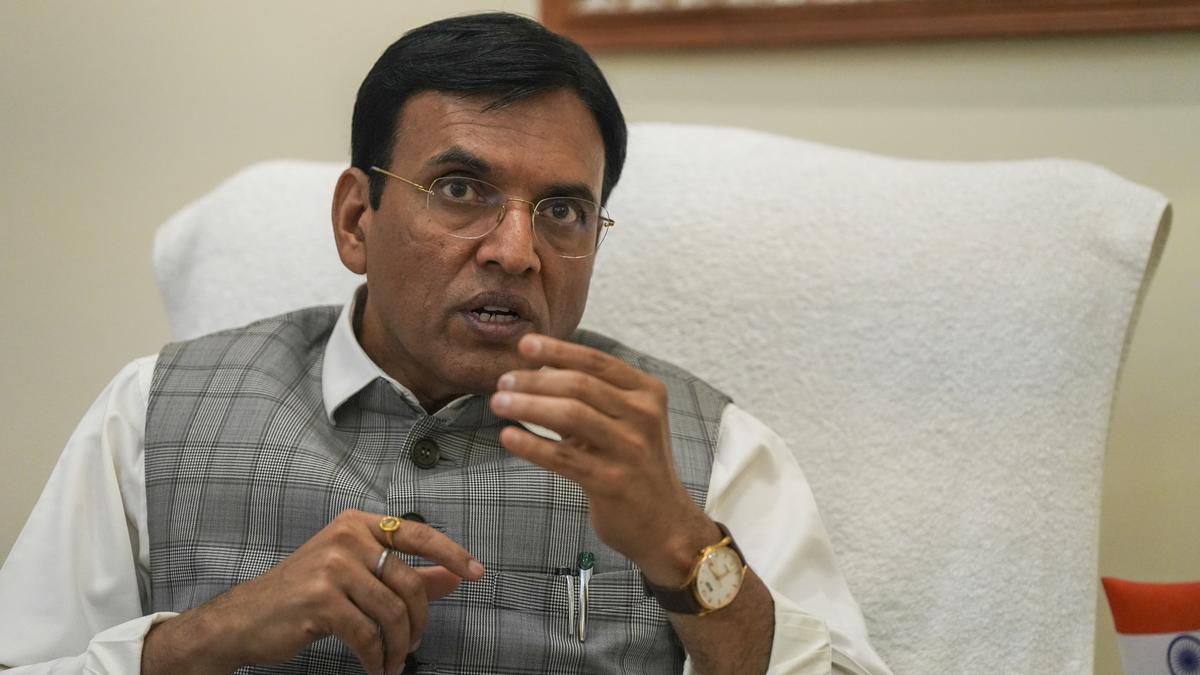The Sports Ministry has set November 14 as the deadline for general public to submit feedback on the draft rules of the National Sports Governance Act, which seeks to revamp the country’s sports administration and dispute resolution set-up among other aspects.
The Ministry has posted the draft rules for the National Sports Board (NSB), the National Sports Tribunal (NST) and the National Sports Election Panel (NSEP) on its website and sought public feedback. “These Rules have been formulated to facilitate the implementation of the National Sports Governance Act, 2025,” the Ministry stated.
“The Act seeks to ensure ethical practices, fair play across all levels of sport, safeguard the interests of sportspersons as the primary stakeholders, and create a robust ecosystem for sports in the country,” it added.
The feedback can be submitted to the Ministry either by post or by email at rules-nsga2025@sports.gov.in.
Sports Minister Mansukh Mandaviya is keen to implement the act in the first half of 2026 by finalising the NSB at the end of this year.
“Last date for submission of comments/feedback is November 14, 2025,” the Ministry said.
The NSB will have the power to not just grant affiliation to the National Sports Federations (NSFs) but also monitor their financial operations and penalise them for any wrongdoing. It would be mandatory for NSFs to take NSB affiliation to be eligible for government funding.
The Board will comprise of a chairperson and two other members with experience in the field of public administration, sports governance, and sports law.
The appointments will be done by a search-cum-selection committee chaired by the Cabinet Secretary, and comprising the Sports Secretary and “one person possessing experience in sports administration, and two persons who are recipients of national sports awards, to be nominated by the Central Government”.
The Board will hold office for a three-year or till the members attain the age of 65 years, whichever is earlier. All members will be eligible for re-appointment for one more term subject to the age limit.
The members of the Nation Sports Tribunal will hold office for four years with an age cap of 67 years as per the Ministry draft.
In addition, the Tribunal’s office-bearers will not be allowed to practice before it after retirement. They will also not be permitted to undertake any arbitration assignment while functioning in their respective capacities in the Tribunal.
Besides, for a period of two years from the date on which they cease to hold office, they will have to avoid “accepting any employment in, or connected with the management or administration of, any person who has been a party to a proceeding before the Tribunal”.
The tribunal primarily aims to ensure that sporting matters do not end up in courts, where over 300 cases related to sports are currently pending.
The rules lay down a tiered criteria for athletes, who are being encouraged to take up administration. As per the provisions of the act, it is mandatory for every federation’s general body to have four or higher number of ‘Sportspersons of Merit’, elected or nominated.
The interested athletes should be retired from their sport at least one year before applying for the position in administration and only those who have won an Olympic medal or participated in at least one Olympics are eligible for inclusion in National Olympic Committee.
The criteria has been relaxed for inclusion in the federations with a National Sports Award or medals in the World Championship of the concerned discipline being enough for entry.
The tier one athletes will be the ones who have won at least a medal in the Olympics or Winter Olympics, while tier two would comprise applicants who have participated in two or more editions of the Olympics or Winter Olympic Games.
There are 10 tiers in descending order of achievements in different sporting events.
The National Sports Election Panel, which will take over the responsibility of facilitating elections in national sports bodies, will be required to have at least 20 members on its roster at all times.


